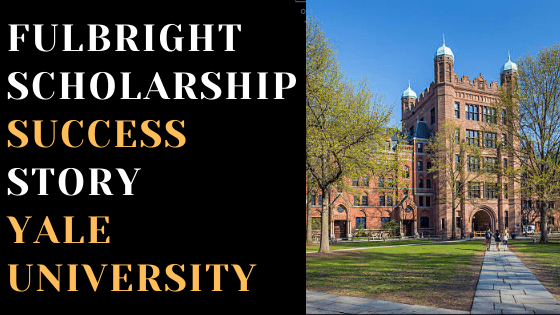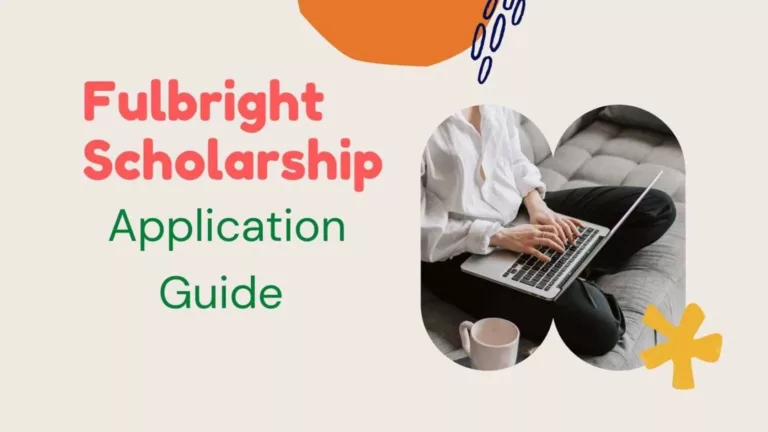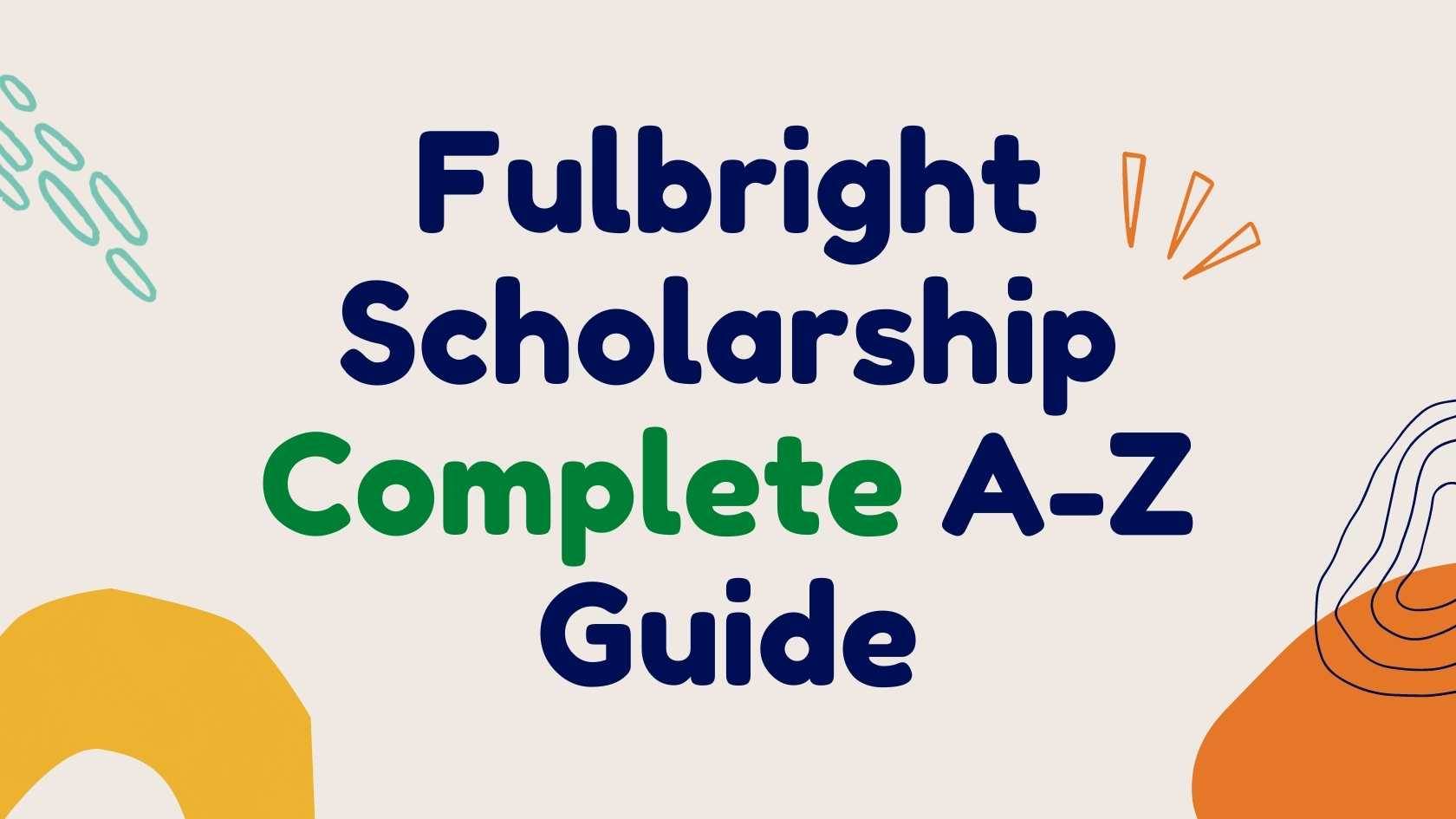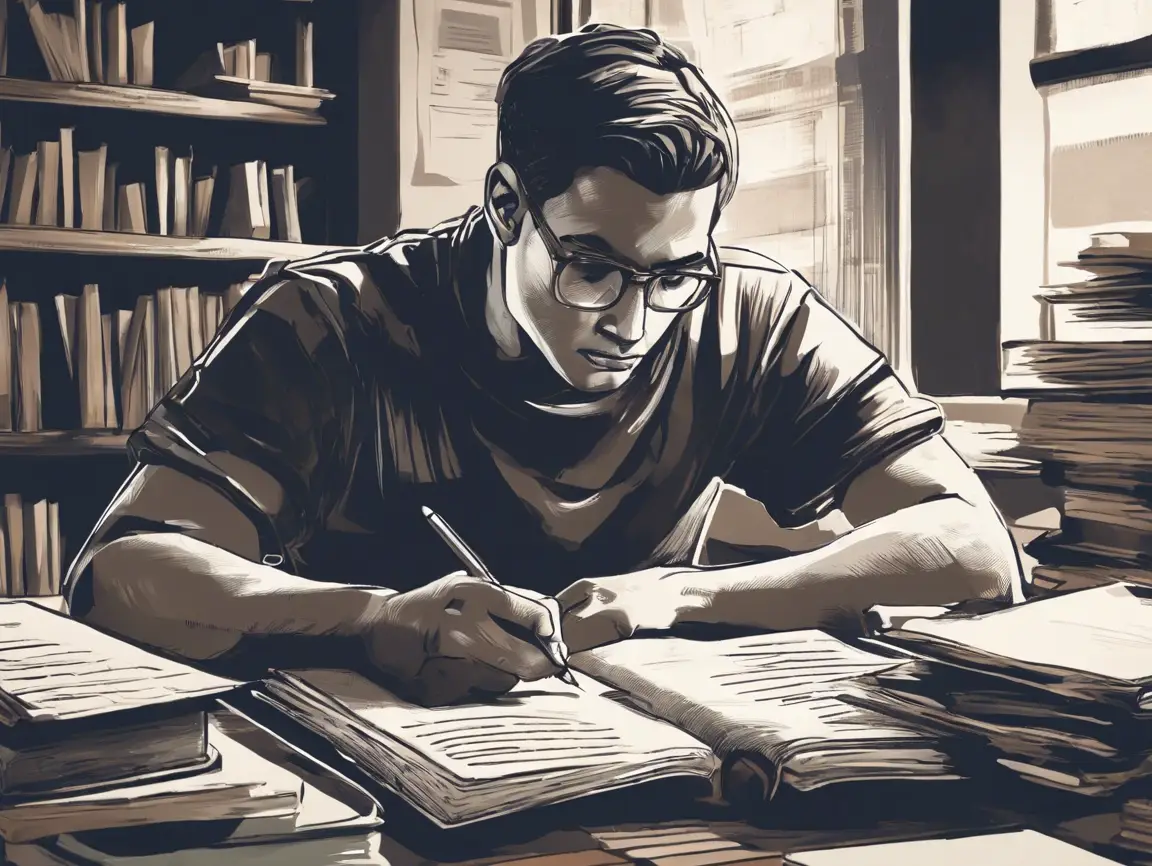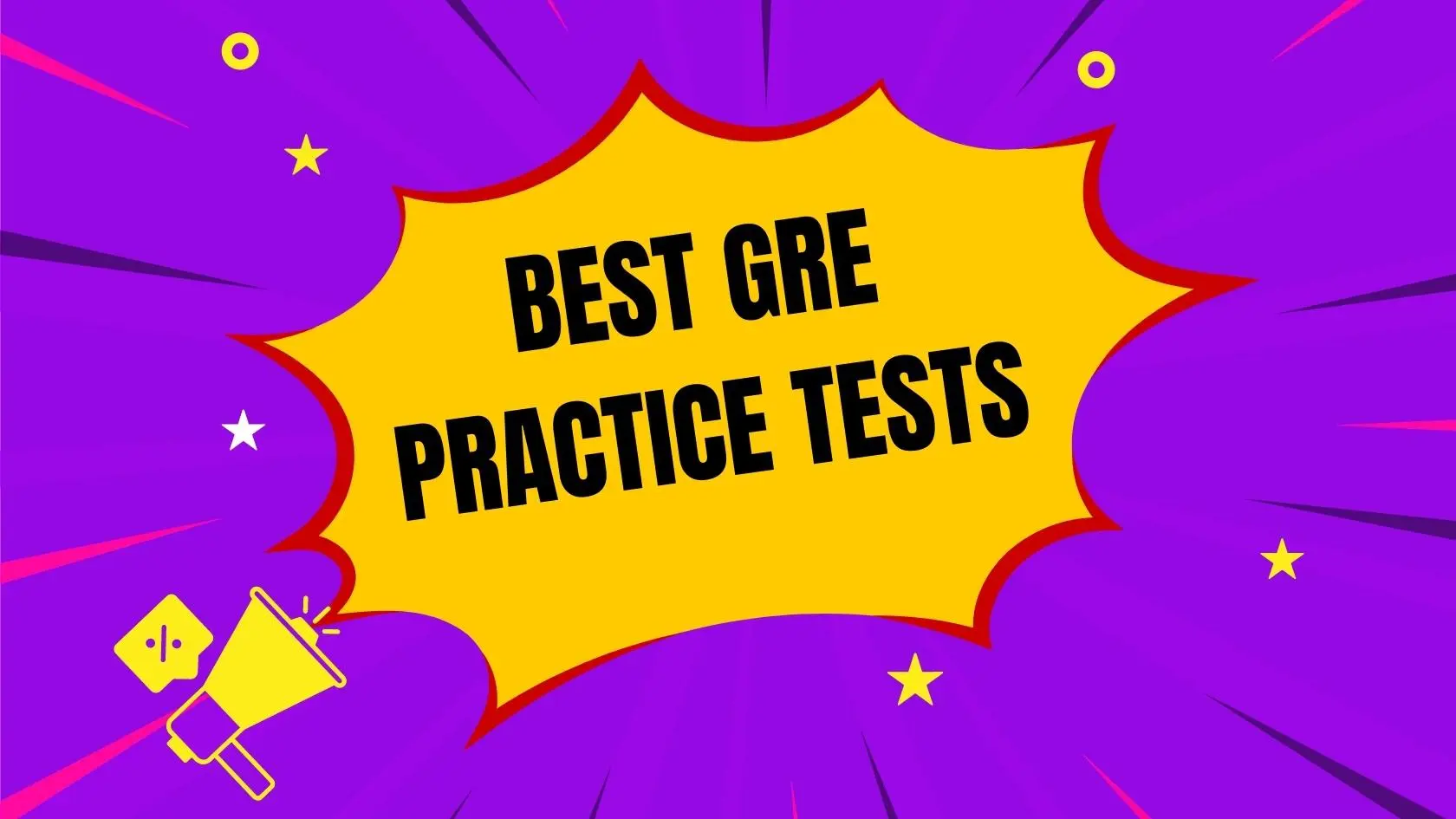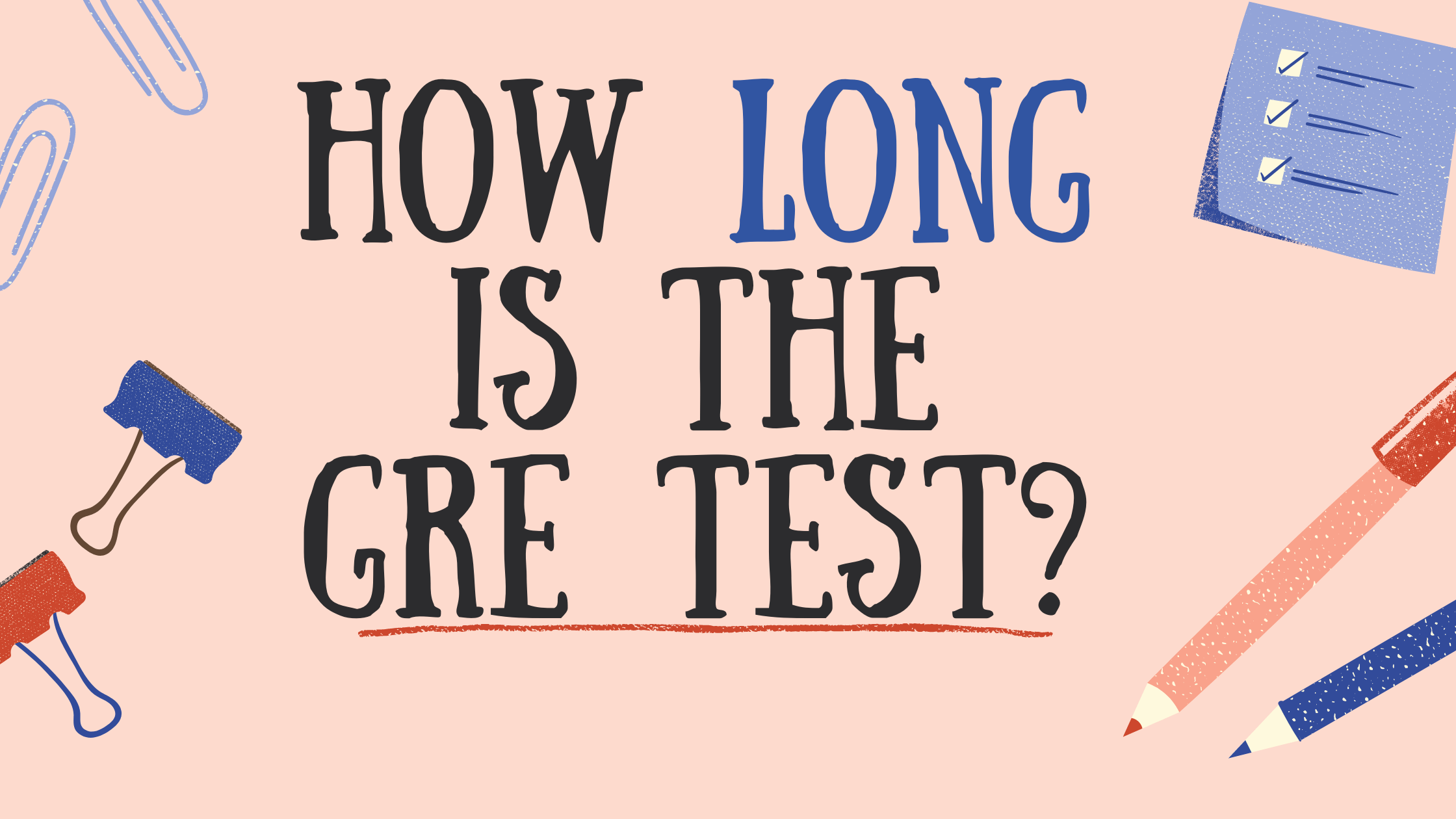Fulbright Scholarship Success Story – Yale University
Yale, a name I grew up hearing with much awe during my childhood, sounded much like the enchanted school of Hogwarts. In fact, if someone were to tell me that after bashing through a grimy wall at a dainty old train station, I would end up studying witchcraft at Gryffindor, I would’ve considered it more likely than the possibility of ending up at Yale. Sure, it would be a belief set in a delusional reverie or a childish fantasy, but never even in my wildest dreams had I ever imagined myself as a Yale student.
Growing up, I did dream about what it would be like to study at an Ivy League school. This dream, however, faded pretty quickly over the years as the bitter realities of life started setting in. Little did I know that one day, I would get to revisit and fulfill this dream. This is the story of how I succeeded in getting into my dream program at Yale University, and it is also the story of the long list of failures that stand behind this success, invisible to the public eye.
My choice for Environmental Engineering as an undergraduate was somewhat unconventional in a country like Pakistan, where the majority of aspirants opt for Electrical or Mechanical Engineering every year. Going in for the entry test, I wasn’t entirely certain about the major I wanted but as the events turned, my interest in technical studies combined with my backdrop desire to do something positive for the world led me to the steps of the Department of Environmental Engineering of NUST, one of the highest ranked engineering universities of Pakistan. Four years later, I was standing on the convocation stage, dressed in a black academic gown and a silver varsity emblem fitted cap, feeling I could achieve anything in the world that I set my heart on.
This heady feeling was short-lived, however, and my story took a turn for the worse as shortly afterward, my mother was diagnosed with stage 2 cancer. The next few months became a whirlwind of hospital visits and medical tests. The cancer, although malignant, was in an earlier stage and had not progressed extensively. The doctors put her on a medical routine with operations scheduled for a later date.
By this time, my hopes for higher studies had pretty much vanished and I decided to start looking for a job. I remember scouring tons of advertisements each day, trying to filter out the ones relevant to energy and environment, my hopes tumbling as the cluster thinned out more and more. As far as the vacancies in multinational corporations were concerned, I wasn’t able to make it any further than the initial rounds of their trainee programs. I kept telling myself, often feebly, that this was merely the start and that I wasn’t to be brought down this easily.
Things settled down somewhat as I was finally able to get a job at a startup company. On the first day of training, I walked into the office with high hopes and a motivated mindset. Within a few months, I realized that the job failed to offer the amalgam of technical and managerial grooming I was looking for. Furthermore, it lacked any sort of policy building, which was a deal breaker for me as being able to contribute positively towards the environment in the long term had always been at the back of my mind. I quit the job after 6 months and joined Nestlé as a Project Intern in their Energy Management Department. Their projects had a grueling pace but provided an immense learning opportunity, which would later serve as a base for my study objectives.
When the internship period ended, I was back to square one: looking for a job. After another two months of tedious applications and interviews, I was able to join one of the leading environmental consultancies in the country. By now, I was immensely aware of how valuable this opportunity was for improving my abilities. I took on as many projects as I could and was soon an integral part of the team working on a World Bank Bank-funded project. The job provided me with significant learning opportunities, but still, in my mind, I was discontented with the client-facilitating mindset of private consultancies and the corruption that I found prevalent in the field of environment in Pakistan. I longed to raise myself to a position that would allow me to ameliorate this situation. I wanted to pursue higher studies; my choices, however, were limited by financial limitations.
I had applied to a huge number of study programs through the Erasmus Mundus Scholarship earlier but my application, owing to lack of proper guidance and absence of relevant experience, was rejected from all of them.
As bleak as the situation seemed, things were different now. I had experience under my belt and a much-improved résumé than before. With high hopes, I applied for the Commonwealth Shared Scholarship. This time, I was fairly confident that I would be able to make it. I buckled up once more, rewrote my statements, re-evaluated my goals, and, this time, applied with a renewed resolve. After all, people around me seemed to be doing it with much ease. However this time too, despite securing admission in all the universities I applied to, I wasn’t able to merit a scholarship award in any of them. I was crushed. I felt inadequate, inept, and a failure in comparison to my peers.
It was at this point that I decided to apply for the Fulbright scholarship as a last chance at redemption. I had been harboring this wish for a long time, but awed by its prestigious nature and esteem, never got around to applying for it. I put all my heart into the application, registered for the GRE, and gave it my all in the three weeks I had before the test. A full-time job left very little time for me to study during the day. I stayed up at night studying for as long as I could. The concept of weekends was lost on me. I finally submitted the application, and months later, voilà, I was selected for the Fulbright Program.
My application was sent by USEFP to four universities on my behalf. I was granted admission in all four of them and even received a merit aid award waiving off portions of the tuition fee from two of them. My final placement was made at Yale University, with a specialization in Energy and Environment, a program tailored with the perfect balance of research, management, and policy, as well as exposure to other disciplines and subject areas. This was exactly what I had been looking for. That day was the happiest day of my life.
The road to Fulbright for me was long and troublesome but looking back, I can see the importance of every single thing that happened. I had my fair share of potholes, bumps, and circling around, with me doubting myself every step of the way, but I’m glad I kept going. There indeed has been a time allotted for everything, and we have to realize the importance of patience and hard work to pave our path towards it and be prepared for it when it finally arrives.
Joining Scholar Den was a big help throughout the Fulbright application and acceptance process. It not only connected me with people undergoing a similar situation as I, paving the way for useful discussions that helped alleviate the anxiety that comes with the various stages of the application cycle but also proved to be a treasure trove of guidance and handy tips on how to tackle the GRE, application essays and the Fulbright interview. I’d highly recommend it to future aspirants. Make the most out of this excellent resource and the mentoring services it offers. Good Luck and Godspeed!
Read on: Fulbright Ph.D. Success Story

